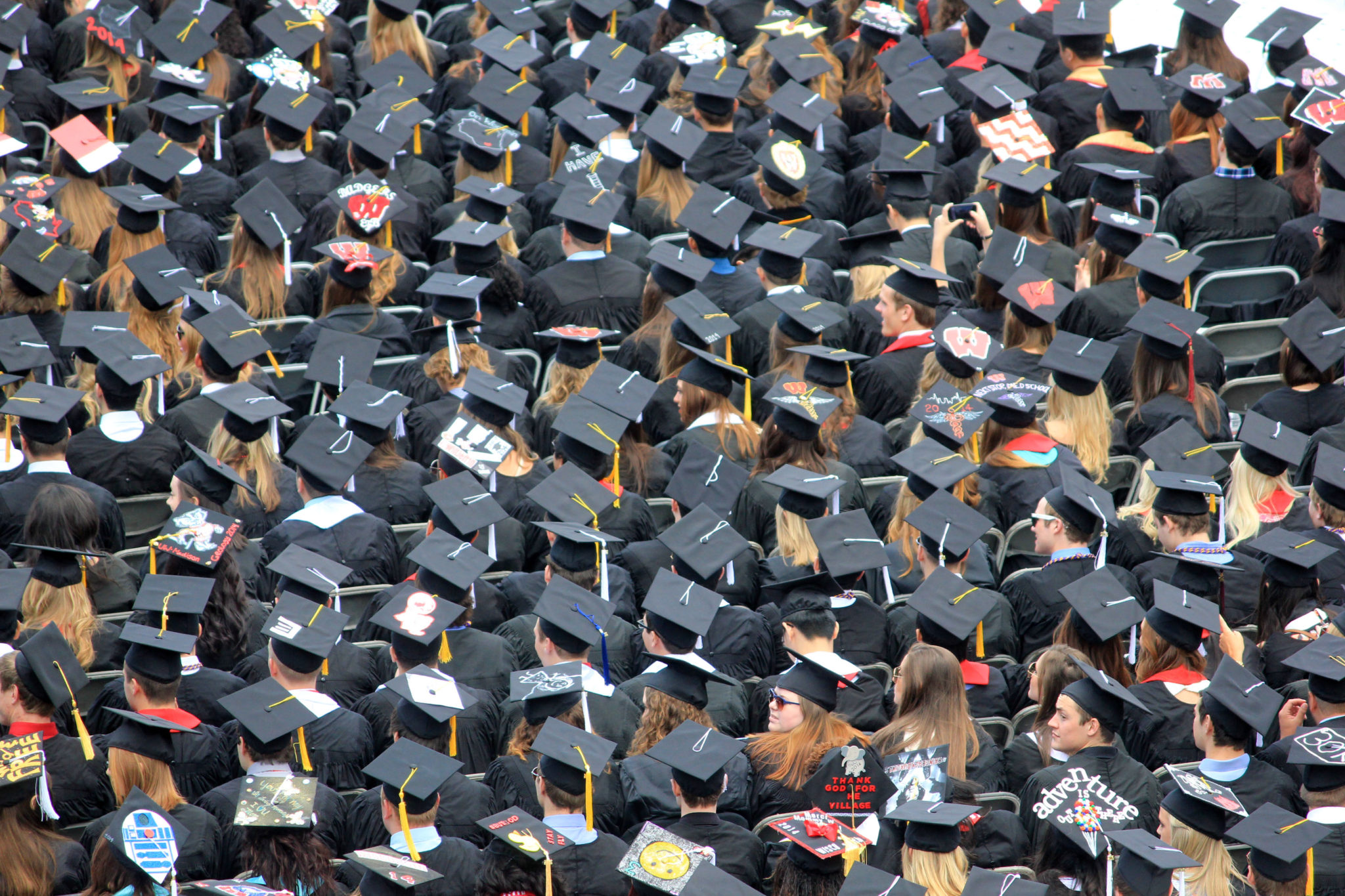Today, the average student in the United States graduates with $29,400 in student loan debt. High youth unemployment may make it very difficult for many of these students to repay the debts that they took on when obtaining their education. As a result, young people who are struggling with monthly payments they cannot make may consider bankruptcy as a solution to address their student loan problems. Does Bankruptcy Get Rid of Student Loans? Unfortunately, no.
Unfortunately, bankruptcy in Washington, D.C. is rarely able to eliminate student loans. The law provides special protections to student loan lenders and makes it very difficult for a debtor to have student loan debt discharged. To determine if student loan discharge may be possible in your case, and for help trying to get your loans discharged, it is advisable to speak with an experienced and knowledgeable Washington DC bankruptcy attorney who can evaluate your situation.

Student Loans and Bankruptcy in Washington DC
Under the bankruptcy laws in the United States, debtors cannot currently discharge student loans under any chapter of bankruptcy, including the two most common types of consumer bankruptcy: chapter 7 and chapter 13. Student loans must be paid 100 percent in full, regardless of bankruptcy filing. A failure to pay student loans can result in you going into default and can result in aggressive collections efforts, including the seizure of your tax returns.
The only limited exception to the rule against discharging student loan debts is in cases where it would be an “undue burden” and a significant financial hardship to ever repay the loan. This does NOT mean that you can have debts discharged just because you cannot find a high paying job or because it turns out that your degree is not one that employers place a high value on in the job market. This also doesn’t mean that you can have student loan debts discharged if you didn’t finish your degree.
The undue burden standard is a very difficult one to meet, and typically student loans will only be eliminated in bankruptcy in the most extreme of cases. For example, if you have become totally and permanently disabled and unable to work since the time your degree was earned, this may be a rare situation in which you could have student loans discharged because repaying them imposes too great a burden. This is a very narrow exception and if you believe you fall within the exception, it is imperative you have an experienced bankruptcy lawyer representing you who can help you to convince the bankruptcy court as to why you need your student debt discharged.
Unless and until the law is changed, few people will succeed in having a student loan balance wiped clean as part of a bankruptcy proceeding. Efforts have been made by some lawmakers to try to change the rules on student loans and bankruptcy, but until this occurs, students will need to explore all options for coping with student debt they cannot pay.
To understand how student loans and bankruptcy in Washington affect you financially, call or contact Lee Legal today to schedule a free consultation with an experienced bankruptcy lawyer.
Related posts:
- Can Student Loans in Washington DC Be Discharged Through Bankruptcy?
- Student Loan Dischargeability in Virginia
- Elizabeth Warren: The U.S. is Taxing Young People with Student Loans
- Are student loans dischargeable in bankruptcy?
- Student Loans Jeopardize Retirement for Older Americans
The post Student Loans and Bankruptcy in Washington: Does Bankruptcy Get Rid of Student Loans? appeared first on .